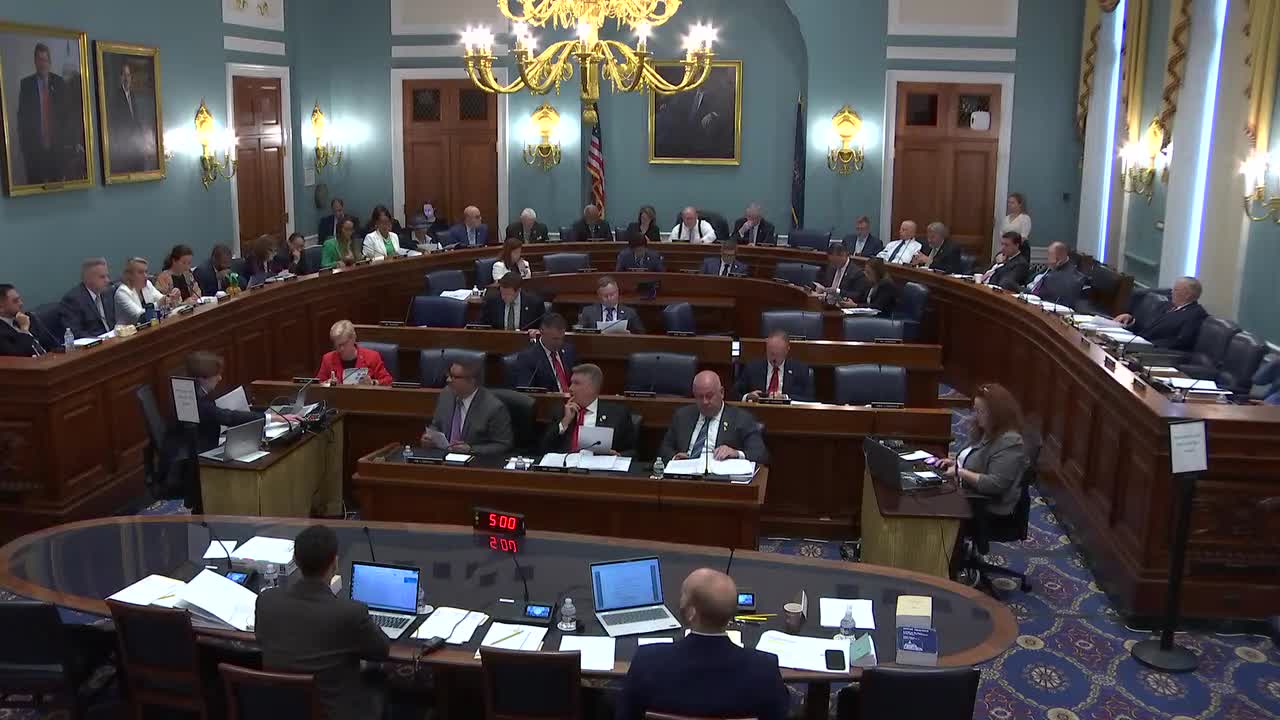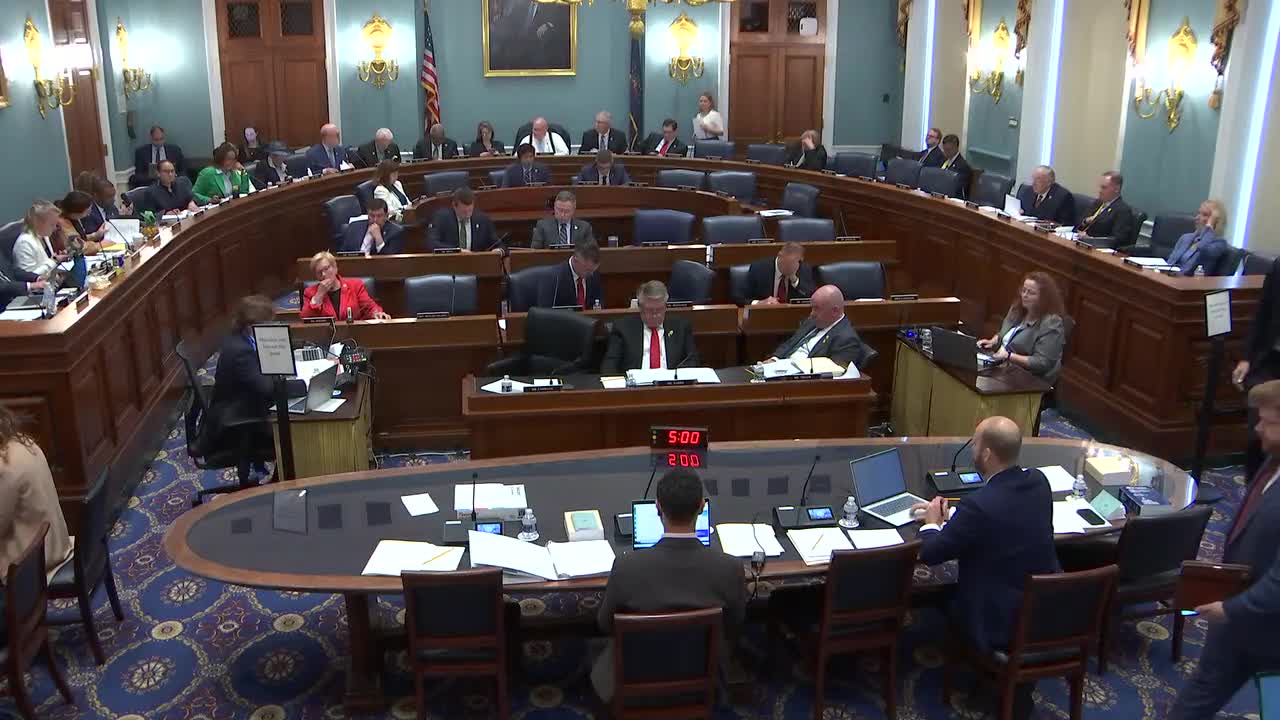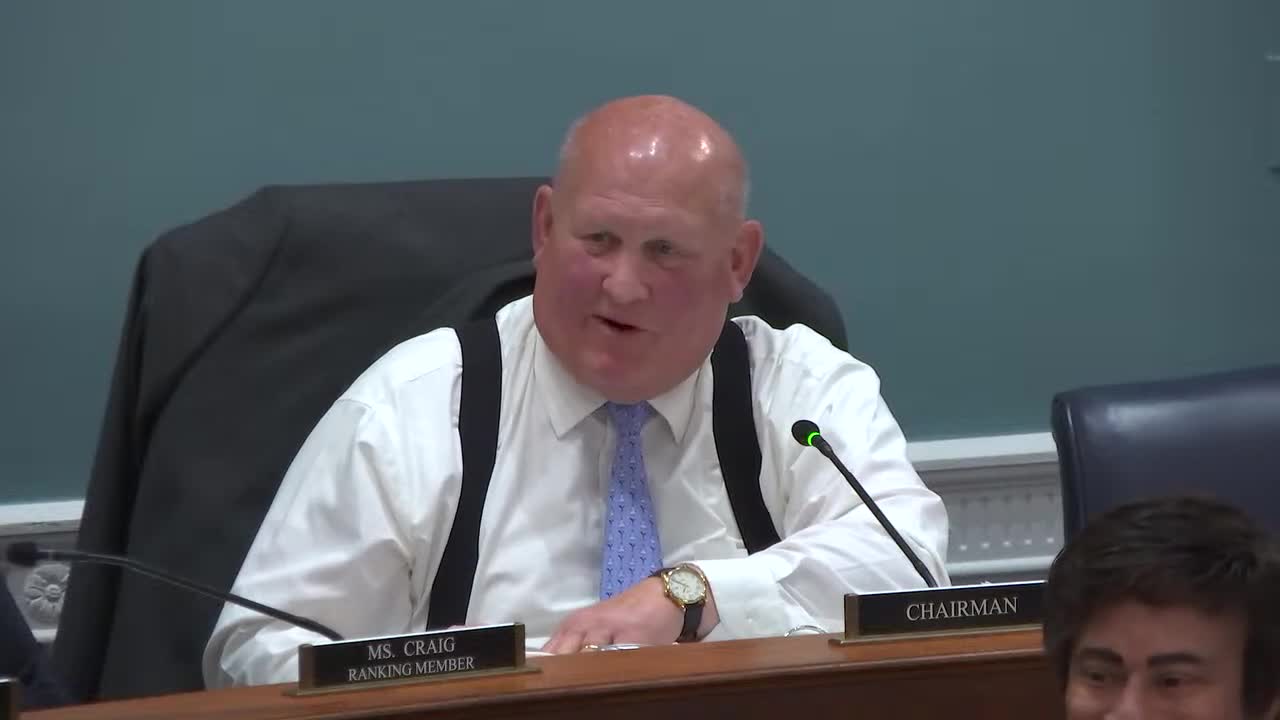Article not found
This article is no longer available. But don't worry—we've gathered other articles that discuss the same topic.

House agriculture markup erupts over $313 billion SNAP cuts and new work rules, including proposed age change for dependents

Rep. Davids’ amendment to rehire fired NBAF staff raises national-security and local-job concerns

Committee debate presses for more federal agricultural research funding as members decry program cuts

